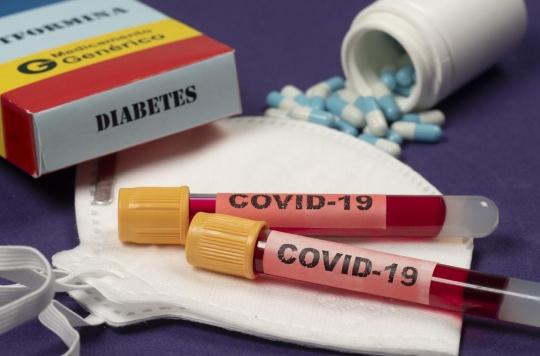Alizée Agier may well be world karate champion, her curriculum vitae did not prevent her from being rejected by the police. The reason ? His diabetes type 1.
“During the visit, the doctor was categorical: it was no (…). It was a blow. I was very sad. To join the police, it was to get up every morning to contribute to the public good. , be in contact with the population, help them “, she explains disappointed Parisian. The 23-year-old has yet passed the written entrance tests as well as the physical endurance tests and a skill course. His physical condition as an athlete and his prestigious karate titles were not enough to curb the discrimination related to employment from which diabetics still too often suffer in France.
Discrimination still present in the world of work
The high-level sportswoman expresses her incomprehension to the Parisian on the occasion of the World Diabetes DayNovember 14. His type 1 diabetes diagnosed at the age of 18 did not prevent him from living his passion for karate and from competing. His pathology forces him to follow an even stricter diet and to inject himself with insulin several times a day. But Alizée persists and signs: a professional life is perfectly compatible with type 1 diabetes. She hopes that her testimony will move the lines and help to dispel the prejudices of which many diabetics are victims. “If I testify, it is because I believe that it is up to us, patients, to make things happen, to say that a well-managed diabetes is not a problem in his personal and professional life”, she explains on a daily basis.
Type 1 diabetes is an autoimmune disease that affects about 6% of diabetics, according to the Federation of Diabetics. In insulin-dependent patients, the body no longer makes insulin at all, the hormone secreted by the pancreas that plays an essential role in regulating blood sugar (blood glucose levels). It is estimated that one in four diabetics would be victim of employment discrimination in France (source: French Association of Diabetics).
Read also:
Type 1 diabetes in children: it is more common in Corsica
Eating at night, a risk factor for diabetes


















